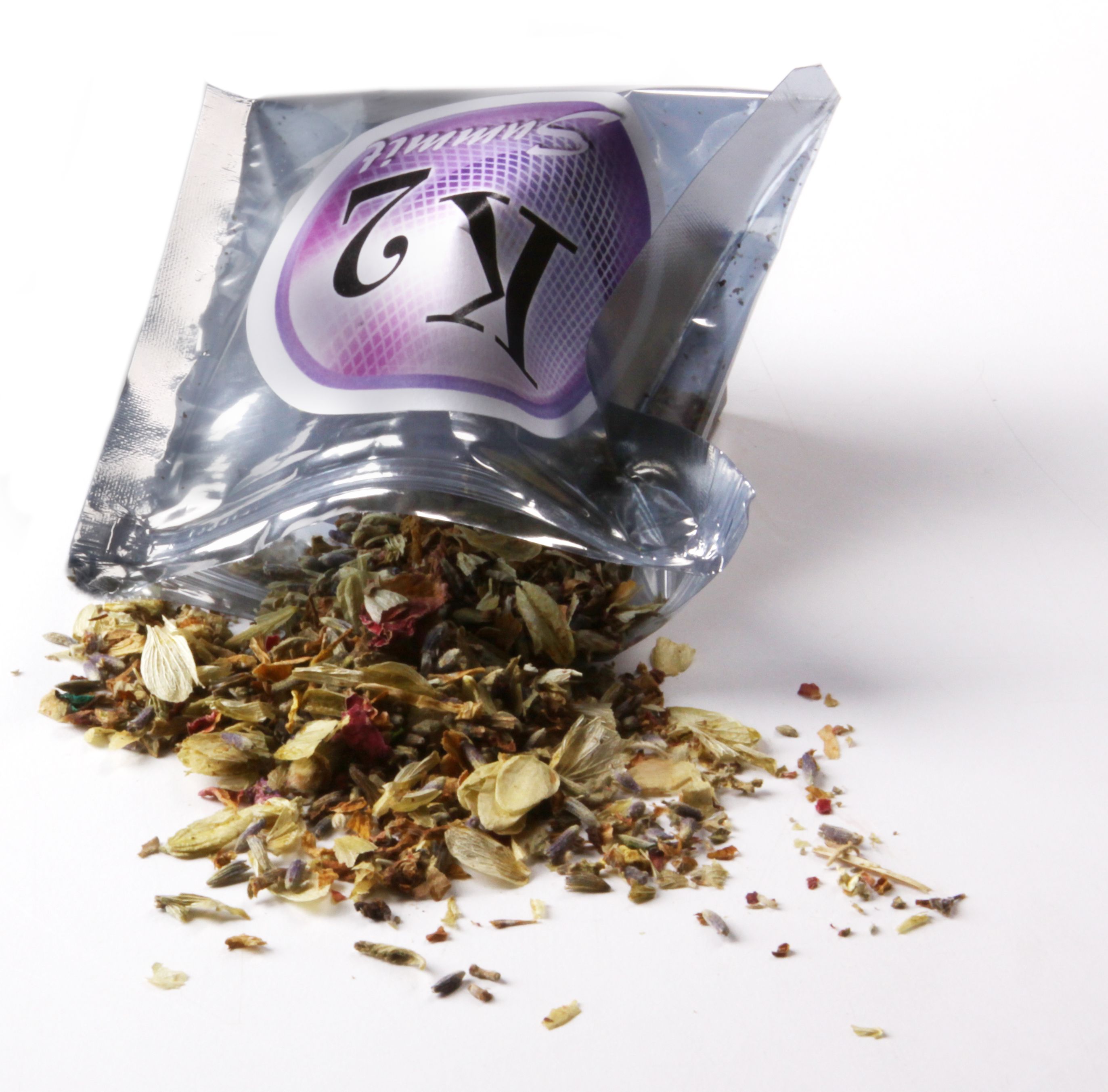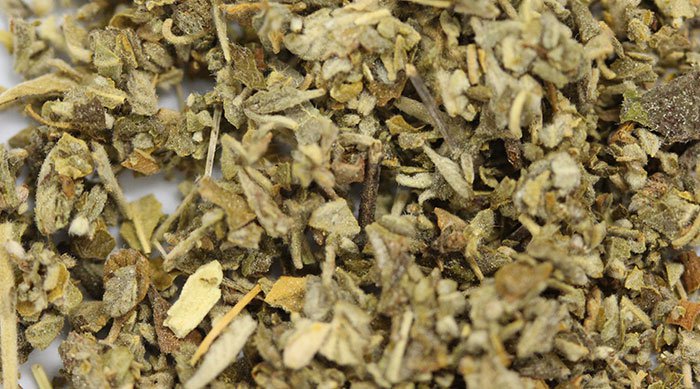Checking Out the Promising Applications and Positive Effects of Flavor as a Synthetic Cannabinoid
Over the last few years, the exploration of artificial cannabinoids, specifically Spice, has sparked fascinating conversations within the medical and clinical neighborhoods. The potential applications and influences of Spice in various healing setups have actually attracted focus for their one-of-a-kind buildings and impacts on the body. As study digs much deeper into this artificial substance, uncovering its similarities and differences with natural cannabinoids, a nuanced understanding of its benefits and challenges arises. This discussion intends to clarify the promising methods that Seasoning provides in the world of medical care and wellness, motivating a reevaluation of standard techniques to cannabinoid-based therapies.
Restorative Prospective of Spice
Checking out the restorative capacity of Spice, an artificial cannabinoid, involves a crucial evaluation of its pharmacological residential properties and potential medical applications. Seasoning, additionally called artificial marijuana, connects with the endocannabinoid system in a fashion similar to all-natural cannabinoids, such as those discovered in cannabis. This interaction causes numerous physical effects that have triggered rate of interest in its healing opportunities.
Studies have actually shown that Spice might have possible as an analgesic, aiding to minimize discomfort in problems such as neuropathic discomfort or chronic inflammatory discomfort - Buy K2 Paper For Sale. In addition, its communication with cannabinoid receptors offers a chance for discovering its use in taking care of signs of problems like numerous sclerosis or chemotherapy-induced nausea or vomiting and throwing up

Discomfort Administration Advantages
Spice, an artificial cannabinoid, displays encouraging possibility hurting monitoring because of its analgesic properties and interactions with the endocannabinoid system. The analgesic properties of Seasoning come from its ability to regulate discomfort perception paths, using relief from various types of discomfort, consisting of neuropathic, inflammatory, and nociceptive pain. By targeting the endocannabinoid system, Spice can regulate pain signals, reduce swelling, and minimize discomfort related to persistent pain conditions.
Studies have actually revealed that Flavor can effectively minimize pain strength and improve discomfort resistance in preclinical models of pain. This synthetic cannabinoid has shown efficiency in important source taking care of discomfort signs without creating considerable adverse effects frequently connected with typical pain medicines. Additionally, Spice reveals possible in minimizing opioid dependancy and misuse, providing a safer alternative for pain monitoring.
Neuroprotective Properties
Synthetic cannabinoids like Seasoning have been increasingly identified for their prospective neuroprotective buildings in reducing neuronal damages and promoting mind health. Studies recommend that these substances might use neuroprotection with numerous devices, consisting of antioxidant impacts, anti-inflammatory buildings, and modulation of neurotransmitter launch. By connecting with the endocannabinoid system in the mind, synthetic cannabinoids can regulate neuronal task and potentially minimize the influence of neurodegenerative conditions or injuries.
One key facet of the neuroprotective properties of Seasoning is its capacity to modulate excitotoxicity, a process where excessive excitement of nerve cells causes cell damage or fatality. By managing natural chemical launch and moistening excitotoxic signaling pathways, artificial cannabinoids may assist protect nerve cells from hazardous overstimulation. In addition, the anti-inflammatory impacts of Spice could reduce neuroinflammation, which is frequently implicated in various neurological problems.
Relative Analysis With Natural Cannabinoids
In contrasting the neuroprotective residential properties of synthetic cannabinoids like Seasoning with those of all-natural cannabinoids, a nuanced examination of their respective results on neuronal health is essential. All-natural cannabinoids, such as those discovered in the marijuana plant, have been extensively studied for their neuroprotective impacts. These substances communicate with the endocannabinoid system in the body, which plays a crucial function in preserving neuronal function and securing versus neurodegenerative conditions.

Regulative and Honest Factors To Consider
Taking into consideration the potential ramifications on human wellness and health, an assessment of governing and honest factors to consider bordering making use of artificial cannabinoids contrasted to natural cannabinoids is necessary. Synthetic cannabinoids, like Seasoning, existing distinct challenges because of their usually unidentified chemical make-ups and potency variations. Regulative bodies encounter the overwhelming job of keeping up with the quick development of new synthetic cannabinoid substances, which can make it hard to implement constant and reliable laws.

To attend to these regulatory and honest difficulties, policymakers need to prioritize study into the lasting results of artificial cannabinoids and develop clear standards for their manufacturing, sale, and use. Furthermore, education and learning projects are important to notify the general public concerning the risks associated with artificial cannabinoids and advertise liable consumption practices. By taking proactive actions, society can much better secure versus the possible injuries positioned by artificial cannabinoids while supporting moral criteria and protecting public wellness.
Final Thought
In final thought, the investigation right into the therapeutic capacity of spice as a synthetic cannabinoid has shown appealing outcomes in pain management and neuroprotection. On the whole, the positive impacts of spice as an artificial cannabinoid warrant further study and expedition in the medical field.